Michael Bush on the practice of natural beekeeping
 Michael Bush is one of the leading proponents of treatment free beekeeping. He has been keeping bees since the mid 70's, usually from two to seven hives up until the year 2000. Varroa forced more experimentation which required more hives and the number has grown steadily over the years from then. By 2008 it was about 200 hives. He is active on many of the beekeeping forums (http://beesource.com, http://beemaster.com) with last count at more than 50,000 posts between all of them. He has had an eclectic set of careers from printing and graphic arts, to construction to computer programming and a few more in between. Also he enjoys playing 12 string guitar.
Michael Bush is one of the leading proponents of treatment free beekeeping. He has been keeping bees since the mid 70's, usually from two to seven hives up until the year 2000. Varroa forced more experimentation which required more hives and the number has grown steadily over the years from then. By 2008 it was about 200 hives. He is active on many of the beekeeping forums (http://beesource.com, http://beemaster.com) with last count at more than 50,000 posts between all of them. He has had an eclectic set of careers from printing and graphic arts, to construction to computer programming and a few more in between. Also he enjoys playing 12 string guitar.
"His writing is like his talks, with more content, detail, and depth than one would think possible with such few words...his website and PowerPoint presentations are the gold standard for diverse and common sense beekeeping practices." - Dean Stiglitz
Michael's website is, quite simply, the best current book on beekeeping (and it's free and up to date). Some of the most concise and precise writing on beekeeping you are likely to come across.
Michael is a true renaissance man. His assimilation of deep knowledge in so many varied fields gives him the perspective to distill bee/beekeeping concepts into clear language and examples that anyone can understand. One of our favorites is:
"Having an area of the hive that is the only part there when chemicals are applied is a nice idea, but it's a lot like a no-peeing section in a swimming pool."
His writing is informed by not only his beekeeping experience/research, but a history of replying to (literally) tens of thousands of questions on various beekeeping email lists and forums. His presentations are therefore targeted to the questions people tend to have on the subject, and his Powerpoints are available on his website.
Bush is an advocate of what he calls "Lazy Beekeeping". By Lazy Beekeeping he means finding ways to work with bees to keep them healthy and productive with a minimum of input on his part. As an example, Bush favors upper entrances for his hives. With upper entrances, Bush doesn’t need to mow his bee yards, worry that pests (like skunks) are taking advantage of a lower entrance, nor be concerned that his bees are snowed-in in wintertime.
Bush favors keeping bees on small-cell foundation and using 8-frame mediums for his brood chambers and honey supers. He avoids the use of agricultural chemicals for dealing with both mites and diseases, believing that bees not capable of surviving on their own are best removed from the gene pool.
Bush’s writing is straightforward — he writes based on his 35+ years of keeping and working bees as well as his research in beekeeping. Scattered throughout the book are quotations from well known beekeepers such as Richard Taylor, which makes Bush’s work seem more like an extension of their writings than anything else.
He keeps bees and raises queens (mostly from feral populations) in Nehawka, Nebraska.
References: amazon.com, mainebeekeepers.org
Bushfarms.com Russian translation
There is not so many modern and comprehensive online resources about natural beekeeping in Russia (one worth mentioning is the book "Keeping Bees with a Smile" by Fyodor Lazutin and "Kovcheg" eco-village website). So, with Michael's kind permission it was decided to translate some of his excellent posts from bushfarms.com.
Michael's site is updated periodically - he adds new articles, paragraphs, photos, links and fixes small typos. The uniqueness of this translation is that we are trying to keep it in sync with the source. In addition, new translations are in the pipeline, stay tuned!
Contents (translations updated on 21 May 2017)
Introduction
Frequently Asked Beekeeping Questions
Beekeeping Basics
Advice for Beginning Beekeepers
Ten Commandments of Beekeeping
Spring Beekeeping Management
Swarm Control
Feeding Bees
Enemies of Beekeeping
Wax Moths
Varroa Treatments
Four Simple Steps to Healthy Bees
Lazy Beekeeping
Beekeeping Fallacies
Beekeeping Philosophy
Too Many Beekeeping Options?
How to smoke bees
Queen Rearing
How to raise a few good queens
Queen Spotting
Moving Bees
Honey Harvest
Wintering Bees
Foundationless Beekeeping
Top Bar Hive Beekeeping
Laying Workers
Genetic Diversity
Races of Bees
Feral Bees
"The Practical Beekeeper" book
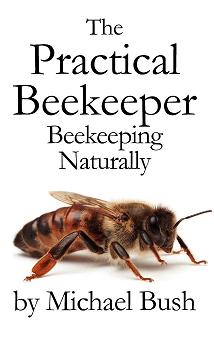 This book is about how to keep bees in a natural and practical system where they do not require treatments for pests and diseases and only minimal interventions. It is also about simple practical beekeeping. It is about reducing your work. It is not a mainstream beekeeping book. Many of the concepts are contrary to “conventional” beekeeping. The techniques presented here are streamlined through decades of experimentation, adjustments and simplification. The content was written and then refined from responding to questions on bee forums over the years so it is tailored to the questions that beekeepers, new and experienced, have.
This book is about how to keep bees in a natural and practical system where they do not require treatments for pests and diseases and only minimal interventions. It is also about simple practical beekeeping. It is about reducing your work. It is not a mainstream beekeeping book. Many of the concepts are contrary to “conventional” beekeeping. The techniques presented here are streamlined through decades of experimentation, adjustments and simplification. The content was written and then refined from responding to questions on bee forums over the years so it is tailored to the questions that beekeepers, new and experienced, have.
It is mostly a rework of what is on Michael's website for free. He doesn't want you to buy the book and be disappointed that there isn't very much new here. You can get it organized in the form of a book and have something more permanent. If you want to see if you like his writings, read his web site bushfarms.com first.
If you've been frustrated at the lack of an index for Michael's book "The Practical Beekeeper", click here for one in pdf form.
Hadcover
Amazon US | Amazon CA | Amazon UK | Barnes and Noble US | Booktopia AU | swiatksiazki.pl Poland
Ebook
El Apicultor Practico Apicultor Natural
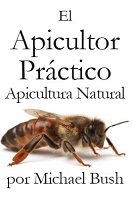
Amazon US | Amazon SP | Amazon IT | Amazon UK | Amazon CA | Amazon FR | Barnes and Noble US
Deutsch Sprachversion von "The Practical Beekeeper."
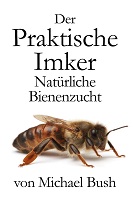
Amazon US | Amazon DE | Amazon UK | Amazon FR | Barnes and Noble US | swiatksiazki.pl Poland
Comments to book reviews
Type Face: For some reason this comes up from time to time in the reviews. All the people who review my book who are over 40 love the typeface. A few of the people under 30 think they got cheated because they think it would take less pages if the typeface was smaller. So just to clarify: Standard books (except for cheap paperbacks) tend to be 10pt - 14pt. My book is 12 pt. To qualify as a large print book with The National Association for Visually Handicapped (NAVH) or the Library of Congress it would have to be a minimum of 16 pt and should preferably be 18 pt. The reason my book appears to be larger print is the typeface. If you put 12 pt Verdana next to 18 pt Garamond they seem to be about the same, but they are not. Verdana is simply more readable at a given size. It is a win-win. You get readable type, but it does not take up a lot more pages.
Redundancy: The books were written originally as a web site. The web site was reorganized into three books: beginner, intermediate and advanced. Think of it as three books and you won't see nearly as much redundancy. You can't just jump into the middle of an advanced discussion of something without some groundwork. That will be the same groundwork as when you are introducing the subject to a beginner. There is also the, perhaps philosophical difference of view. I've always found it irritating when an author (or editor) expects me to hold my place in a book while I look something up elsewhere just so they can supposedly reduce redundancy. I've never minded redundancy. I've always minded having to interrupt the flow of what I was doing to look it up. So I tend to include a lot of things rather send you on a wild goose chase to find it.
The lack of an index has always bothered me, as well as others. I hope to improve it as time goes on, but for now I have one for free that you can download. I will have it on Amazon etc. eventually with an ISBN number of 9781614760757 and the title "Index to: The Practical Beekeeper." It will work with any of the three volumes or the entire book as they have always had the same page numbering.
Reviews: I know a lot of you are big fans of the book, because I get a lot of emails every day on it. It would really help if you would leave positive reviews on Amazon and Barnes and Noble. If you are willing, there is also Amazon.co.uk, Amazon.ca etc. as well. But at least Amazon.com would really help. Thanks. Also, I think Huber's book is very important and I would appreciate if those of you who agree would post reviews for that or other books I've published that you really like.
Other books
Also Michael has published lots of books by other authors and some books in foreign languages now as well as his site in Spanish and parts of it in German and parts translated by other people (see the language links at the top of his site).
Huber's New Observations Upon Bees
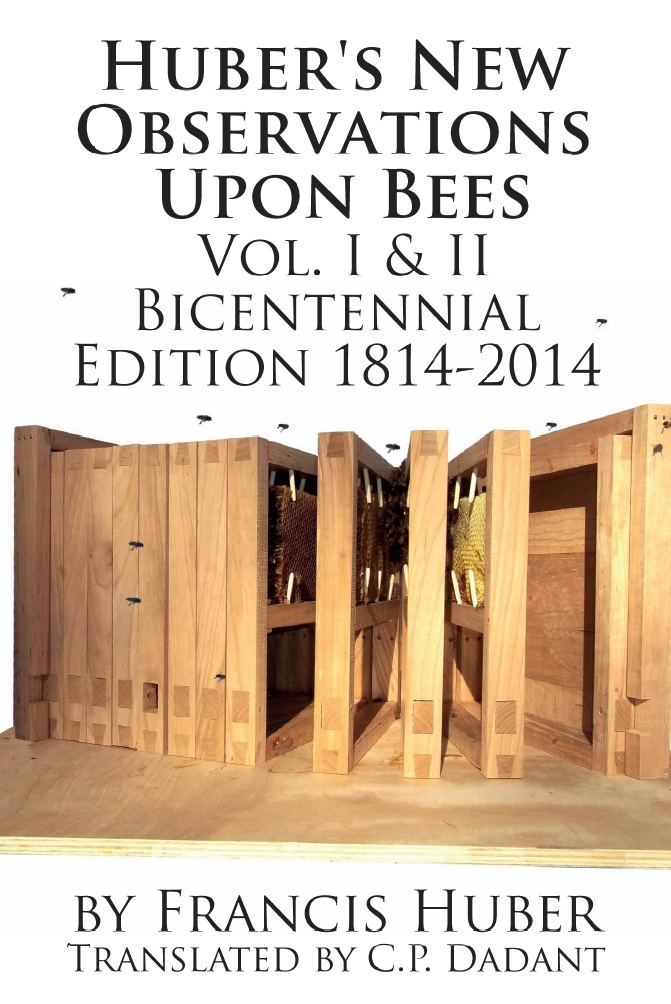
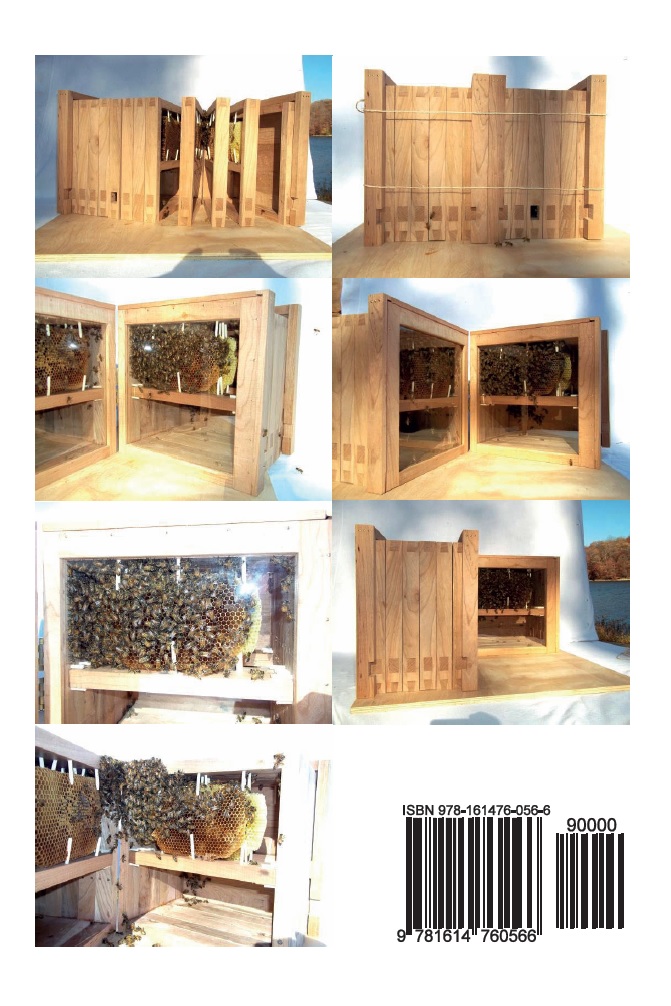
Amazon US | Amazon CA | Amazon UK | Barnes and Noble US | Booktopia AU | swiatksiazki.pl Poland
Franz Hubers Neue Beobachtungen an Den Bienen Vollstandige Ausgabe

Amazon US | Amazon CA | Amazon UK | Barnes and Noble US | Booktopia AU | swiatksiazki.pl Poland
Nuevas observaciones sobre las abejas de François Huber
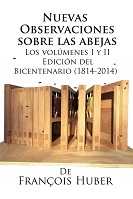
Amazon US | Amazon DE | Amazon UK | Amazon ES | Amazon FR | Amazon CA | Barnes and Noble US
Les Nouvelles Observations Sur Les Abeilles
Les Nouvelles Observations Sur Les Abeilles
Amazon US | Amazon FR | Amazon CA | Amazon UK | Amazon IT | Barnes and Noble US
Beekeeping Mentor in a Book
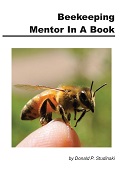
Amazon US | Amazon UK | Amazon CA | Amazon IT | Amazon FR | Amazon DE | Barnes and Noble US | Booktopia AU
Bienen-Kunst

Amazon US | Amazon DE | swiatksiazki.pl Poland
Honey in the Comb
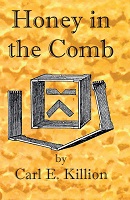 This book is a result of a lifetime study of the equipment and practices for the production of fine comb honey. It is also the purpose of this book to encourage only the finest quality of comb honey to be offered to our markets.
This book is a result of a lifetime study of the equipment and practices for the production of fine comb honey. It is also the purpose of this book to encourage only the finest quality of comb honey to be offered to our markets.
Amazon US | Amazon CA | Amazon UK | Barnes and Noble US | Booktopia AU
Classic Queen Rearing Compendium
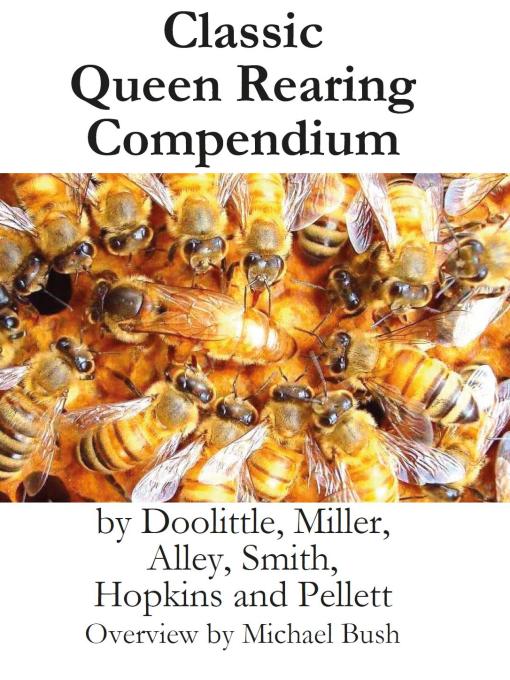
Amazon US | Amazon CA | Amazon UK | Barnes and Noble US | Booktopia AU
Practical Queen Rearing
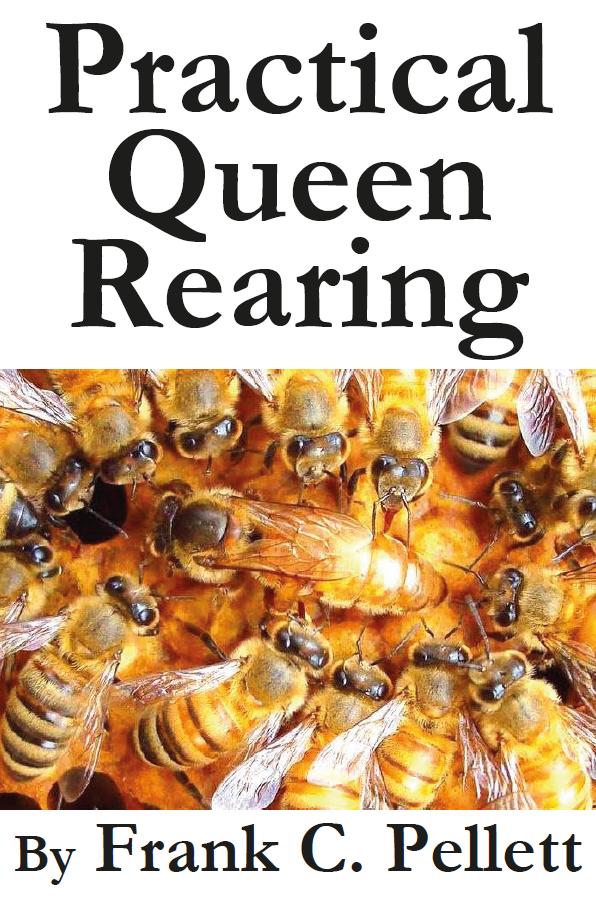
Amazon US | Amazon CA | Barnes and Noble US | Booktopia AU | e-junkie
The Illustrated Australasian Bee Manual And Complete Guide to Modern Bee Culture in the Southern Hemisphere
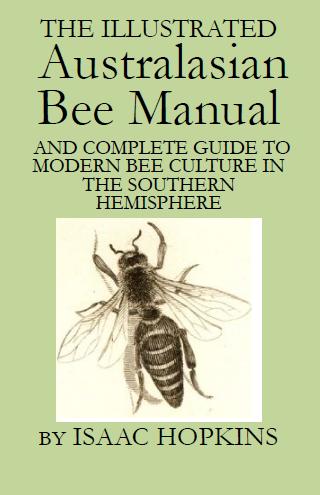
Amazon US | Amazon CA | Amazon UK | Barnes and Noble US | Booktopia AU | e-junkie
Better Queens
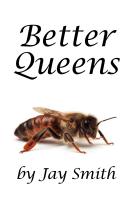
Amazon US | Amazon CA | Amazon UK | Barnes and Noble US | Booktopia AU | e-junkie
Queen Rearing Simplified
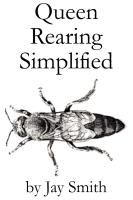
Amazon US | Amazon CA | Amazon UK | Barnes and Noble US | e-junkie
News
Hang out with Michael, talk bees and help him do bee and farm work. Check out more pictures from this year at the end of the page at the above link.

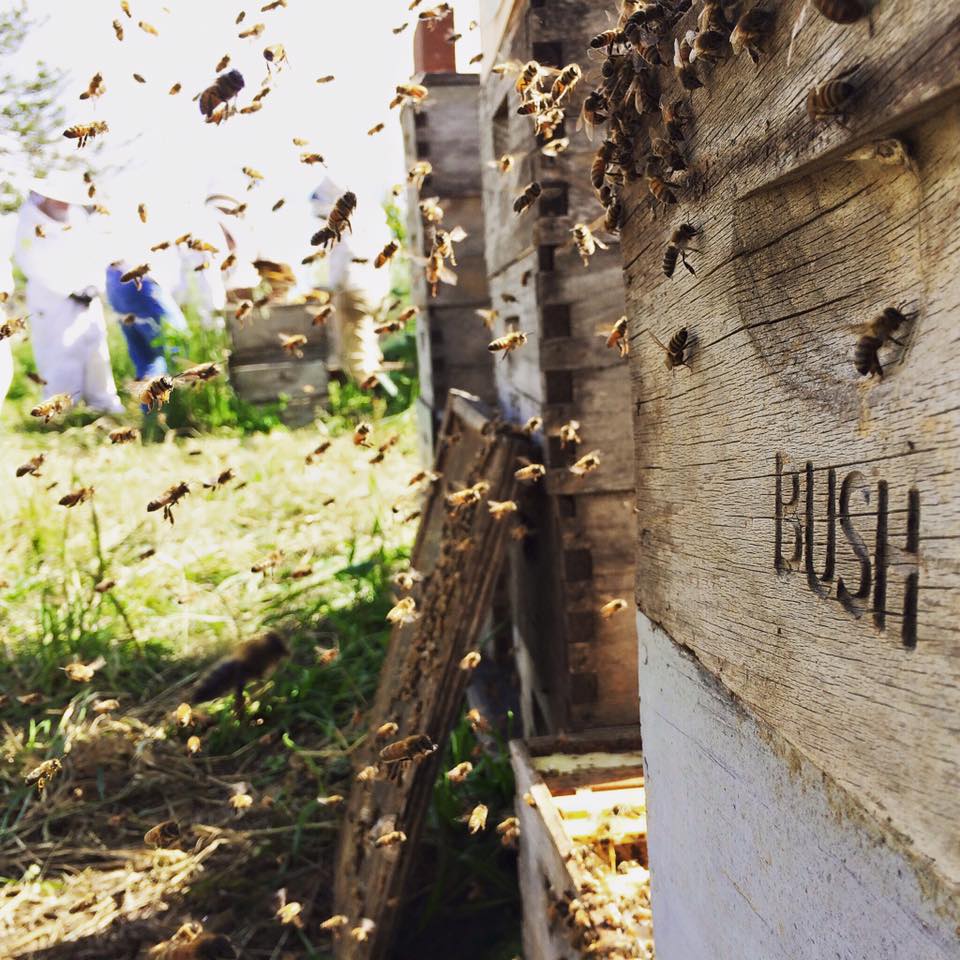
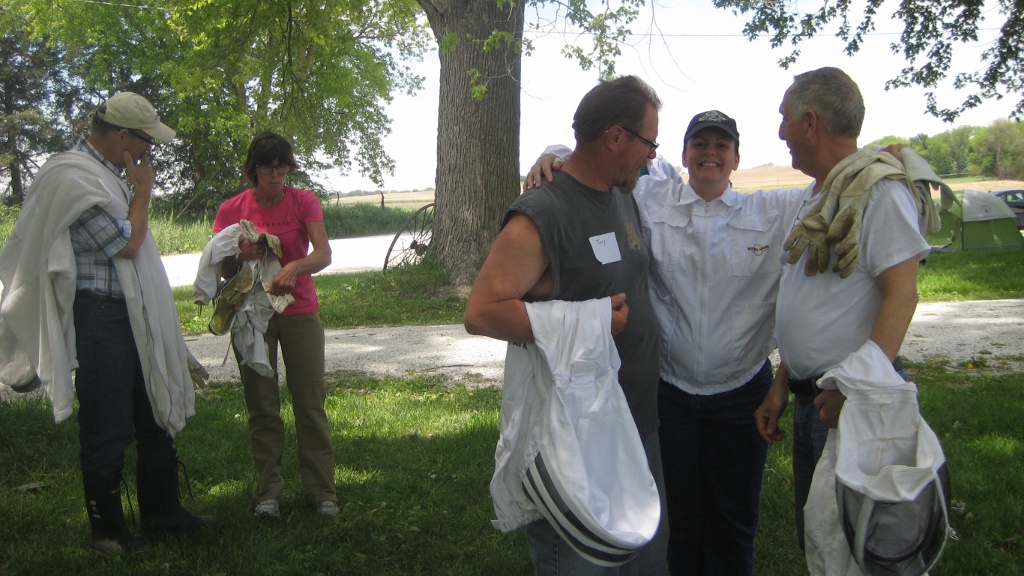
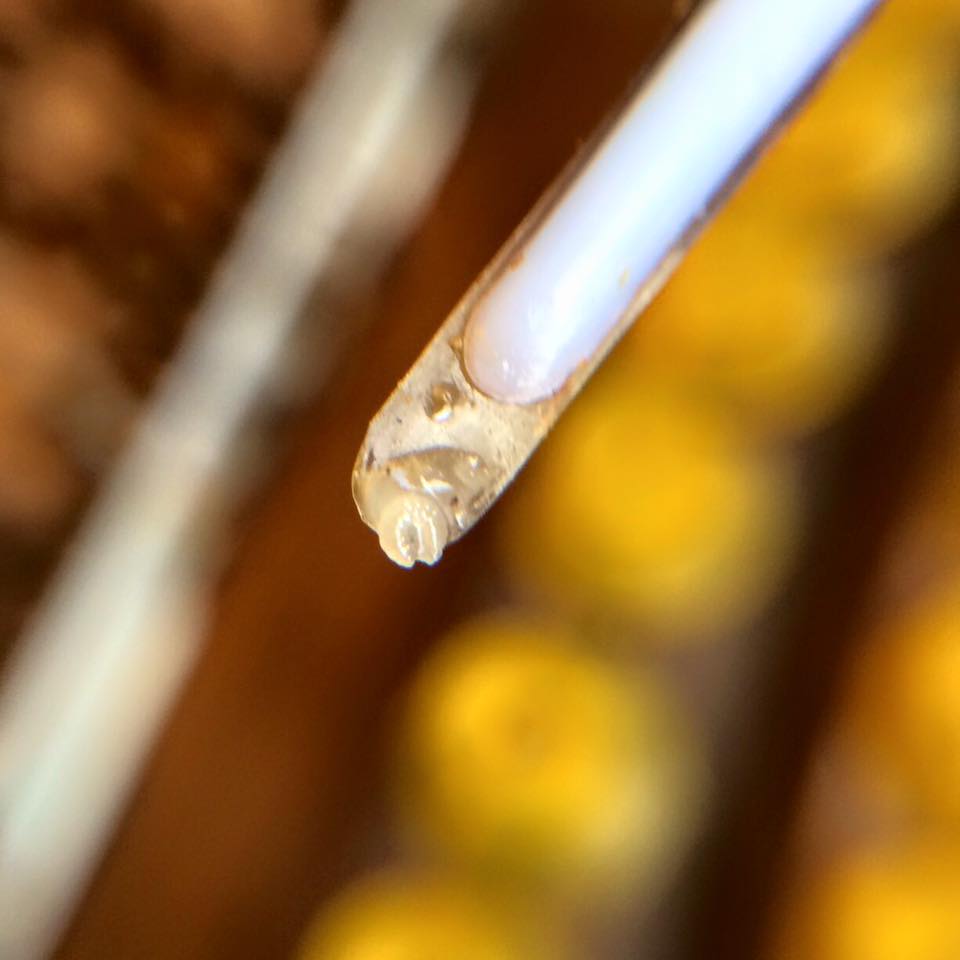
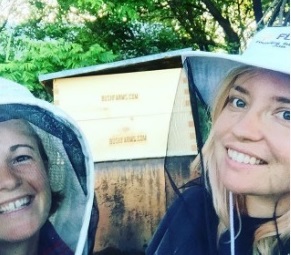
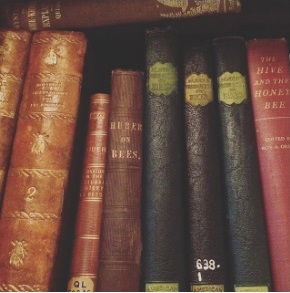
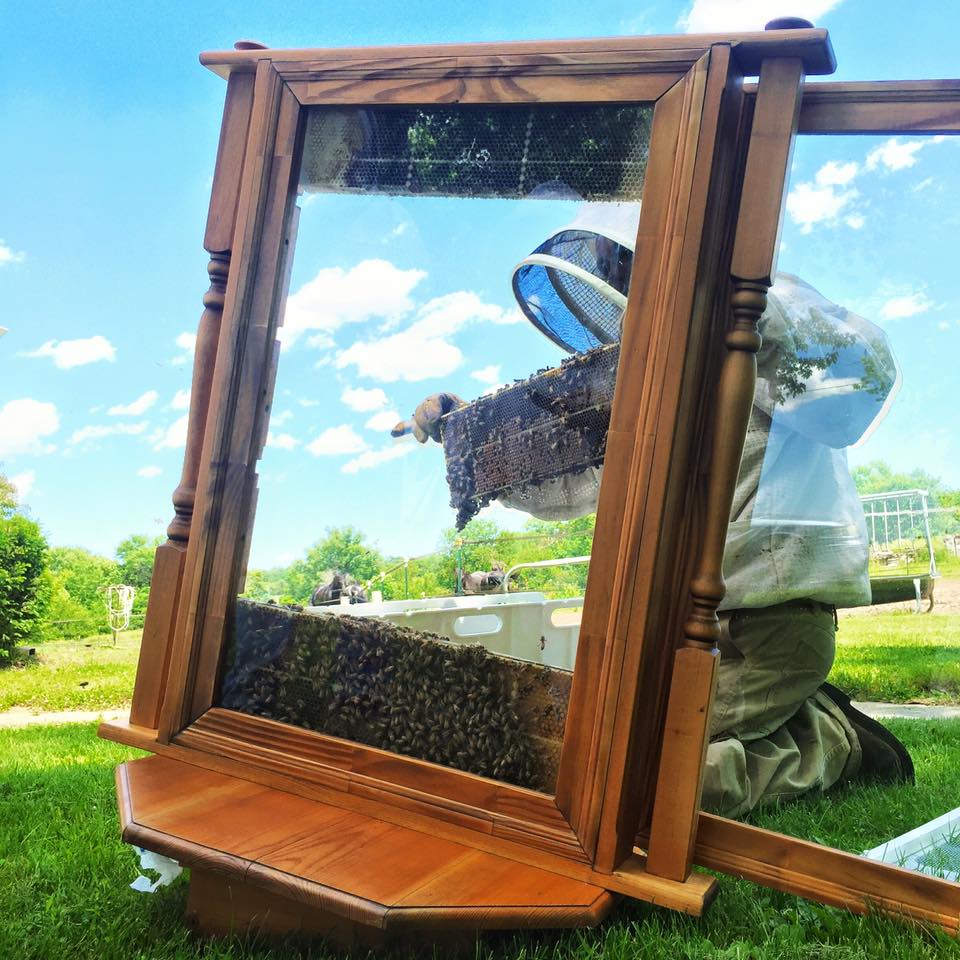
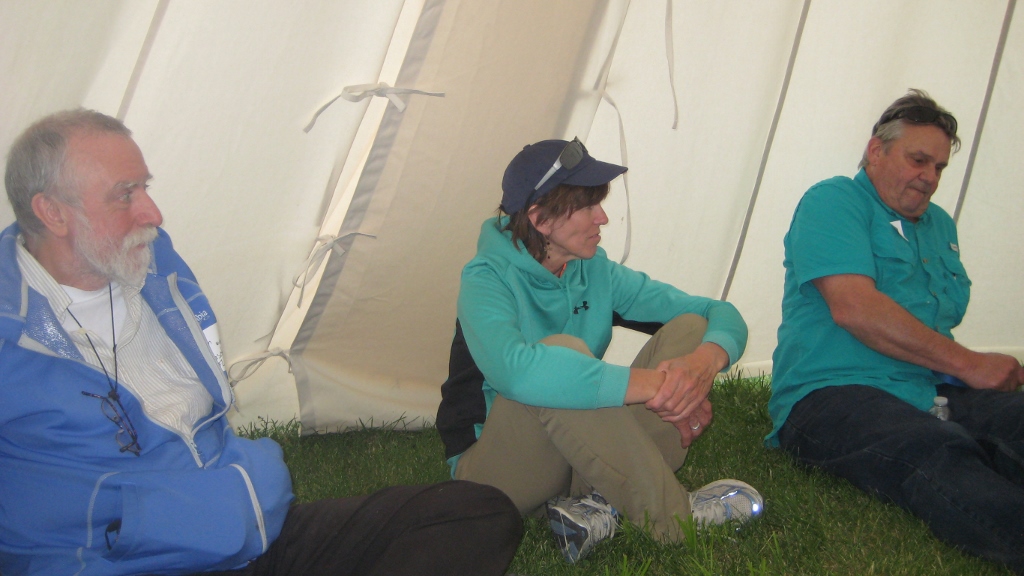
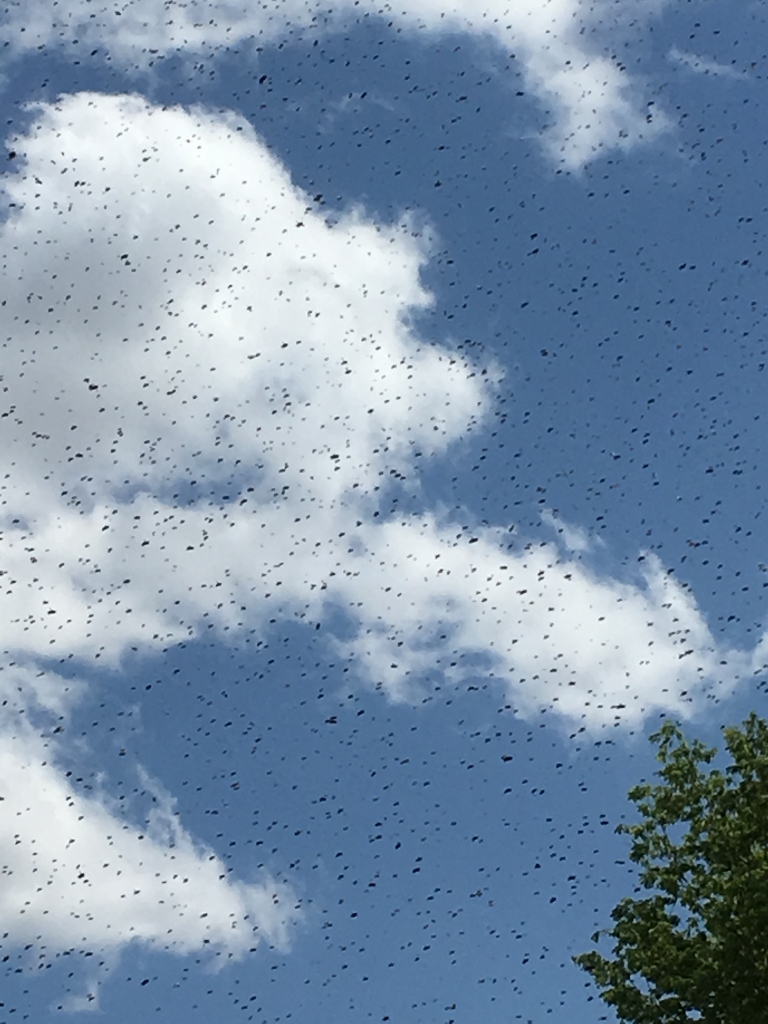
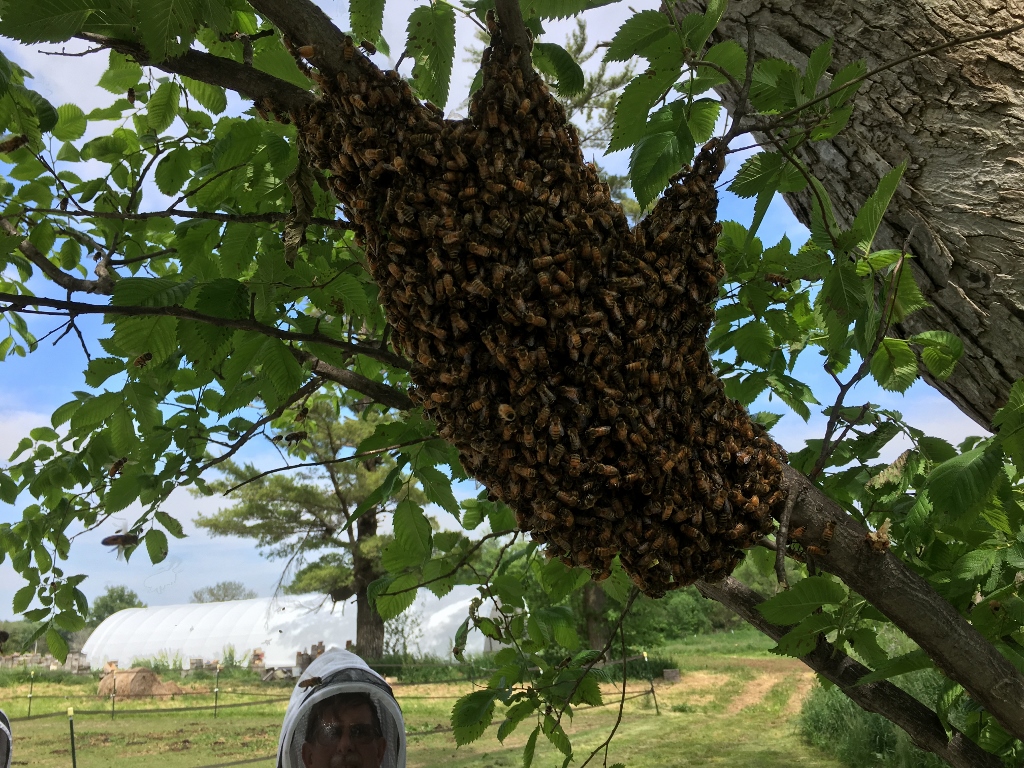

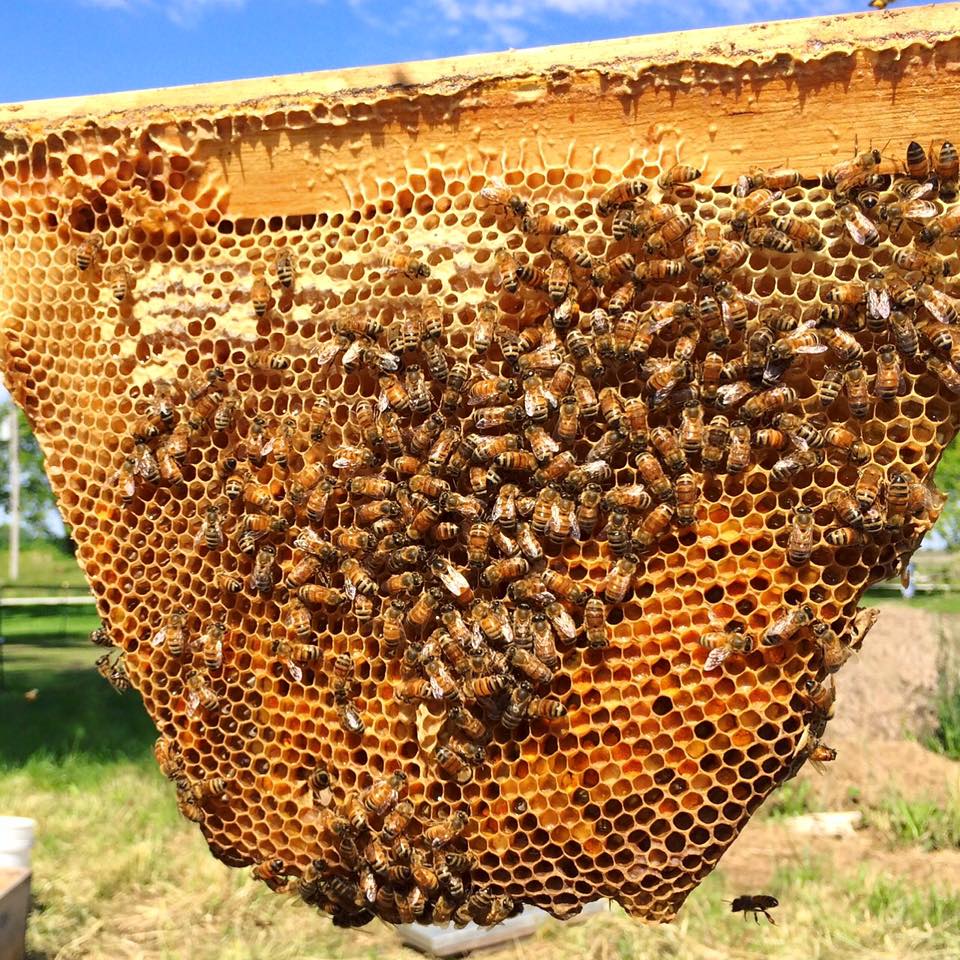
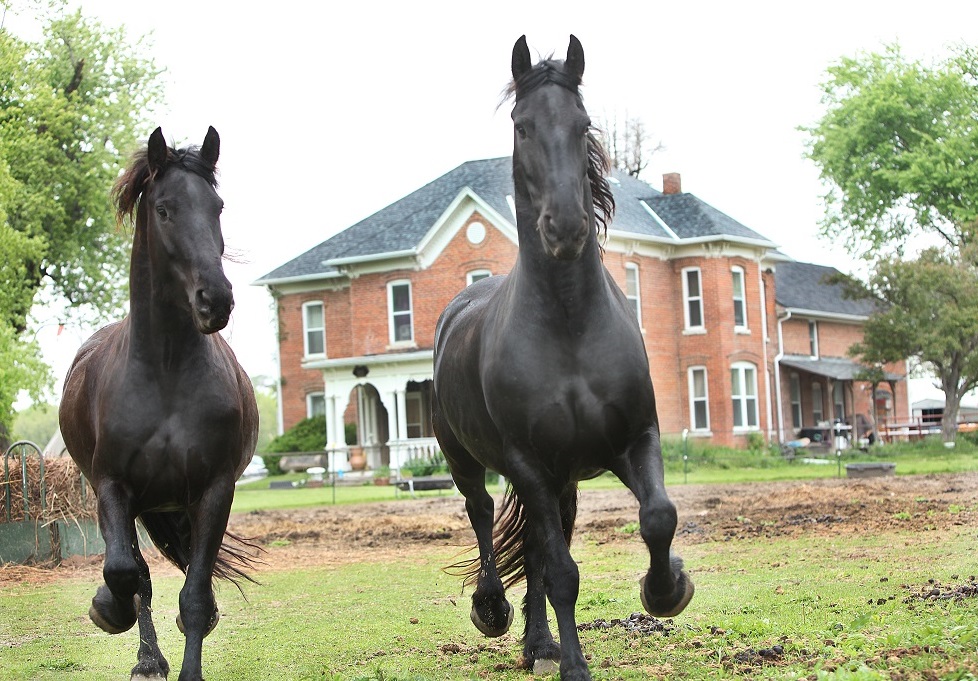
Or if you want to do it for months on end, he needs an apprentice.
Talks
If you are interested in hearing Michael speak or having him speak at your conference or club, click here.
Other things
In case you were wondering why Michael has been less available as far as forums and emails, he has been in the middle of a lot of changes. He has been out of the country and was wrapping that up. Then he was speaking. Right now he is in the middle of moving to a very old house that he just purchased and which is also in need of repairs, fixing up the old house to sell and working full time. So if Michael is slow to respond, he apologizes. But likely this will continue for some time into the future until he get moved and things settle into a new normal. Thank you for your patience.